From a protest encampment in Islamabad, hundreds of women from Balochistan are demanding the return of their missing loved ones amid staunch government repression.


From a protest encampment in Islamabad, hundreds of women from Balochistan are demanding the return of their missing loved ones amid staunch government repression.
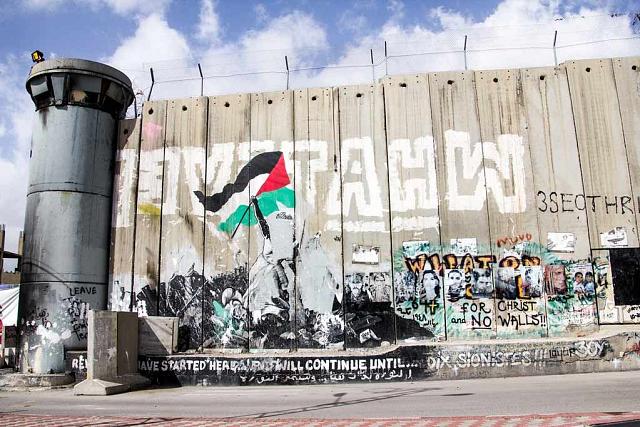
The horrific violence against civilians, both Palestinian and Israeli, are overwhelmingly the product of Israel’s occupation and siege. But we can and must condemn all of it, while steadfastly opposing Israeli apartheid.
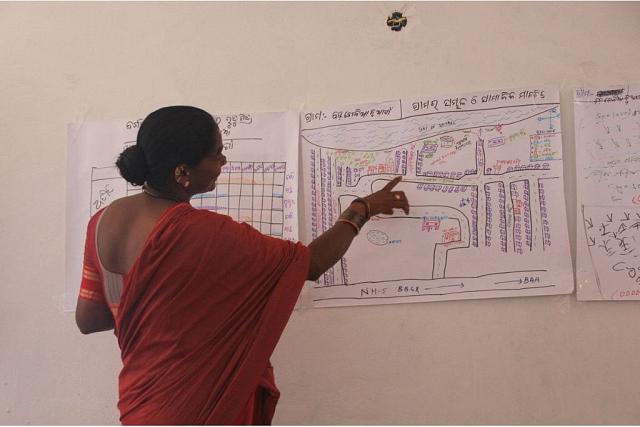
The language and expressions shaping the climate change conversation often don’t resonate with the realities of the most affected communities. This needs to change.
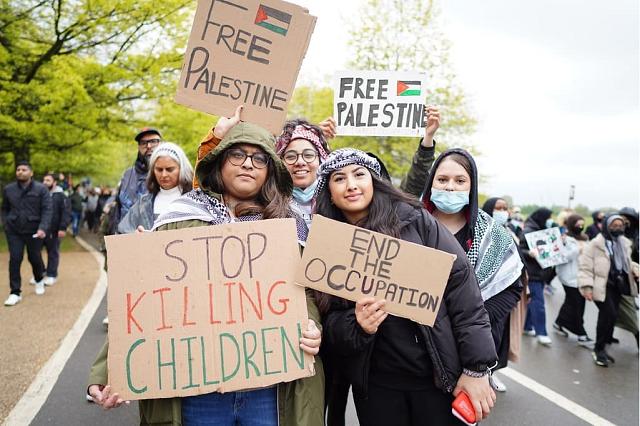
Latin American leaders are split on Israel’s bombardment of Gaza. But in Chile, the Palestinian diaspora - the largest one outside the Middle East -, Indigenous communities and others have come together to stand in solidarity with the people of Gaza. Demonstrators waved the Mapuche Wenufoye and Ancient Mapuche flags alongside Palestinian flags, next to a banner that read: “Our resistance has no limits.”
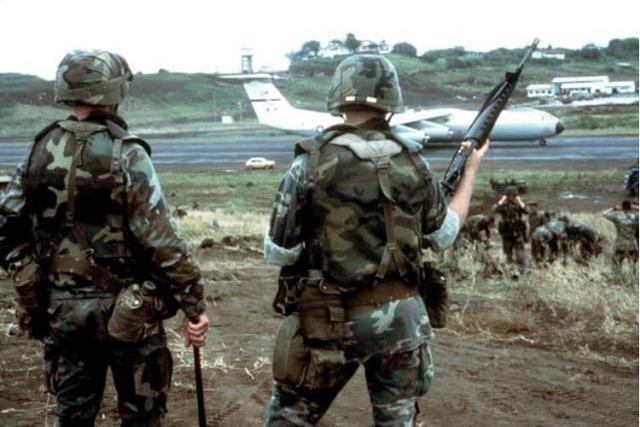
In the throes of the Cold War, a tiny Caribbean island dared to wage a revolutionary experiment. As the Revolution imploded, the United States invaded. Grenada’s reckoning with the events of 1983 continues to this day, for both the 50th anniversary of its independence and the 40th anniversary of the violent implosion of the People’s Revolutionary Government and the subsequent US invasion.
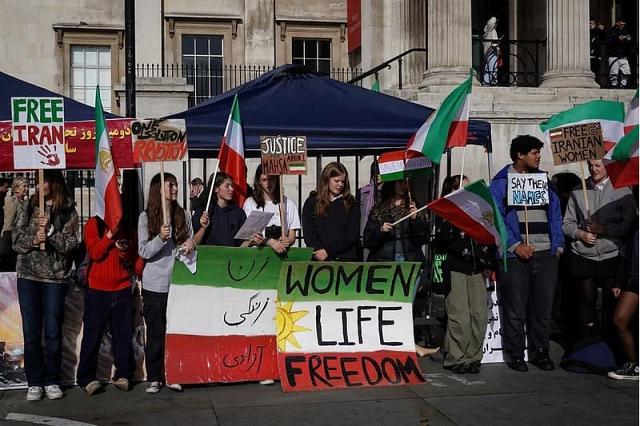
Music has long been a tool for social justice. Its power to inspire social change has not gone unnoticed by oppressive powers in charge. This is evident in Iran’s persecution of artists and singers following the death of Mahsa Amini in September 2022, as well as in the "music ban" in Taliban Afghanistan. Other feminist artists have risen across the world to give voice to social movements of freedom and equality, sparking trends on social media and inspiring millions.
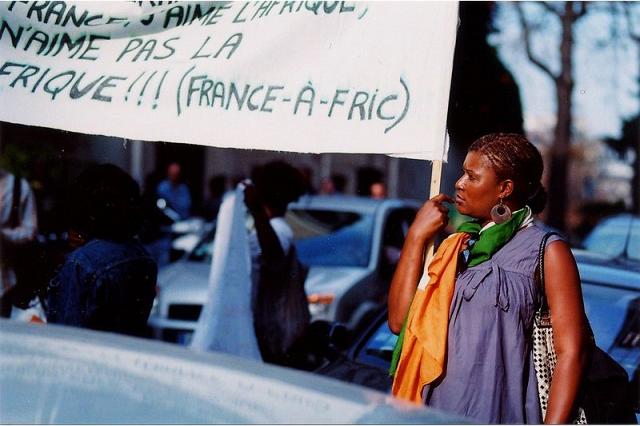
France is not a new problem for Africa. Since the 19th century, its stood in the way of the continent’s self-determination. This article offers a thorough historical and economical review of the impacts of French rule and neocolonialism on its ex-colonies independence and development.
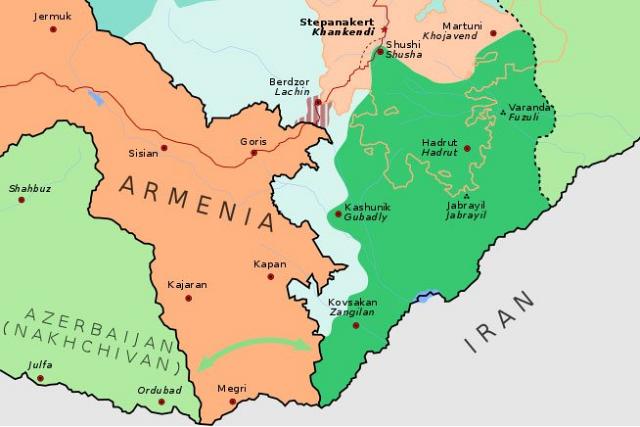
As a result of the Azerbaijani attack on the Armenians of Nagorno-Karabakh on September 19 and the forced exodus that followed it, this region will soon be empty of Armenians – for the first time in more than two millennia. This was a tragedy that could have been avoided : the global community and its institutions, including the EU, arguably let Azerbaijan get away with its military adventures, which only spurred the country on.
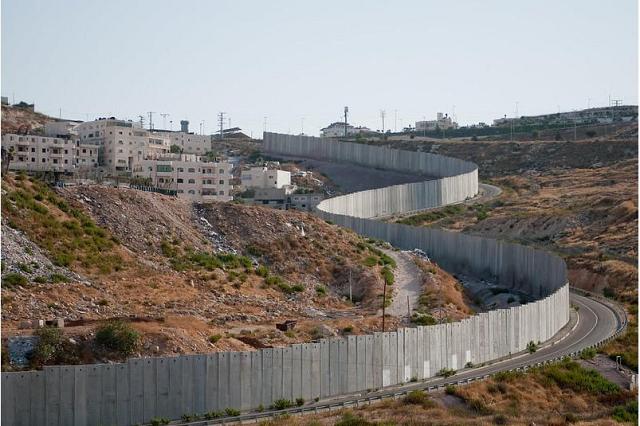
As Israel’s assault on Palestine continues, similarities - and conclusions - can be drawn by comparing the Russian invasion of Ukraine and the Israeli ongoing aggression and colonisation of Palestine. Both wars have deepest roots in history than February 24, 2022 for Ukraine, or October 7, 2023 for Palestine. This article strives to describe de diplomatic tensions underlining the silence from Ukrainian authorities on Palestine, and calls for grassroot solidarity between all oppressed people.
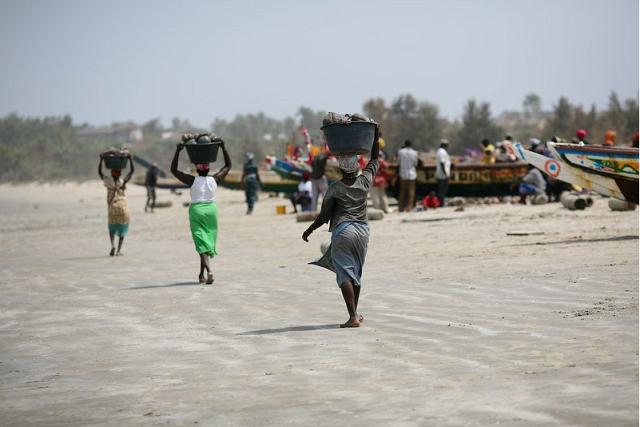
In Senegal, women’s bodies are weaponized as political objects in electoral battles.
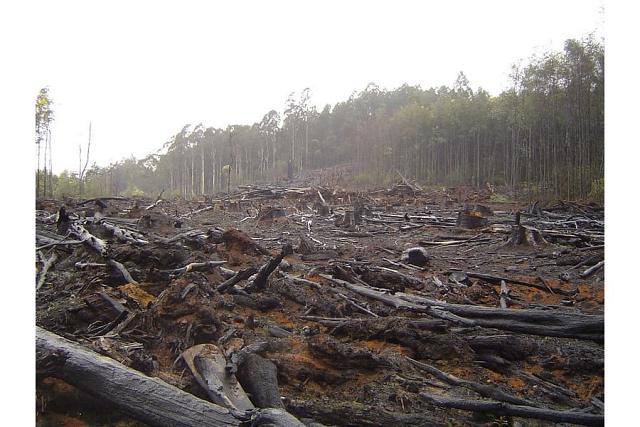
The Irish-based multinational Smurfit Kappa’s vast tracts of monoculture forestry in Colombia tie Ireland into global webs of extraction and exploitation.
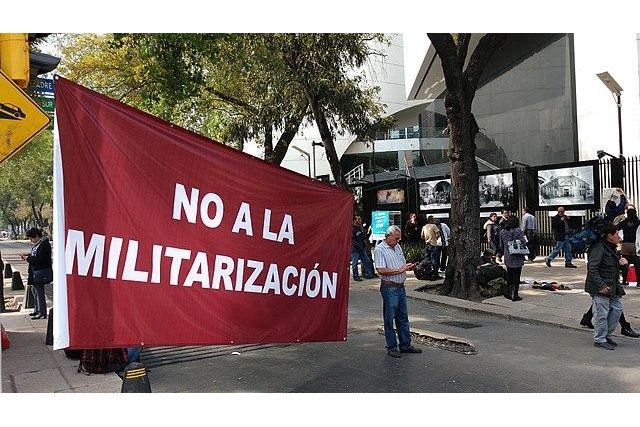
The fire that killed 40 people on March 27 is the foreseeable consequence of binational immigration enforcement measures by the United States and Mexico.

The ultra-conservative Republican Party won a majority on Chile’s new Constitutional Council, delivering a major blow to President Gabriel Boric’s transformative platform.
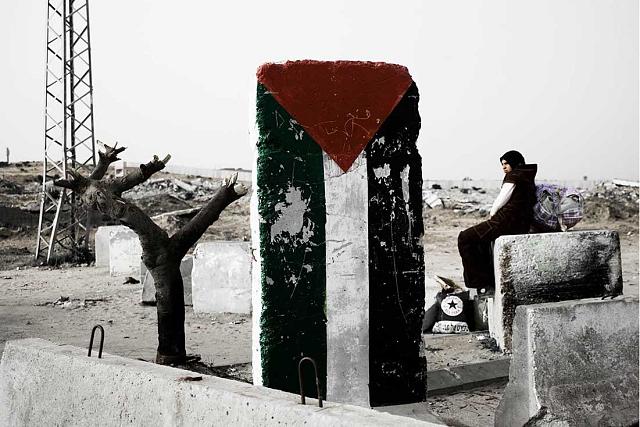
Intersectional Struggles Against Big Tech and Israeli Apartheid
With collaboration of Big Tech, Israeli state has rolled out ever more digital tools to spy, surveil and repress Palestinians in order to entrench its apartheid rule. Palestine is at the sharp end of digital colonialism and therefore a critical place for global resistance to begin.
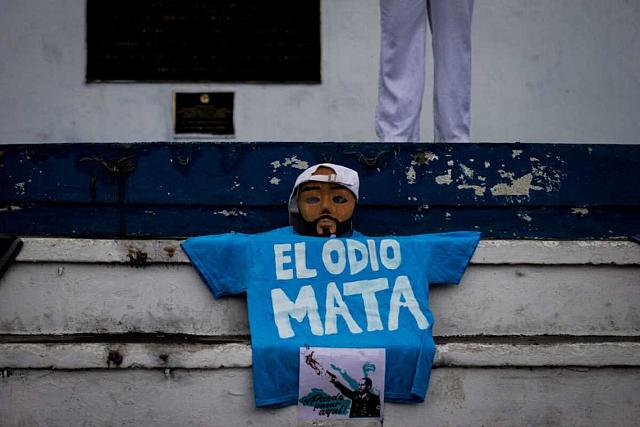
Rather than address the root causes of violence, President Nayib Bukele’s prolonged state of emergency militarizes Salvadoran society and exacerbates state persecution of vulnerable communities.
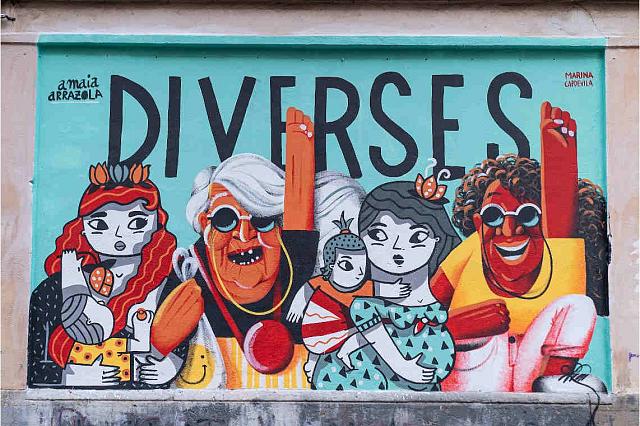
Five grassroots feminist initiatives in five different countries transcend mainstream narratives about women’s rights.
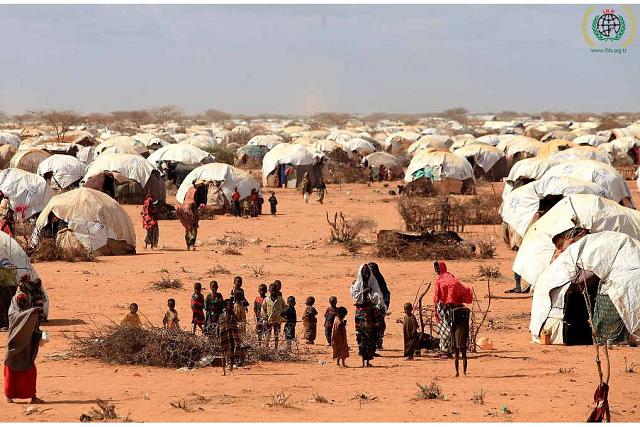
With the war in Ukraine now in its second year, nearly a third of the country’s population has been displaced, including 8 million people who have sought refuge beyond its borders.
International support for the plight of these refugees has been heartening. Nearly 4.5 million Ukrainians having (…)
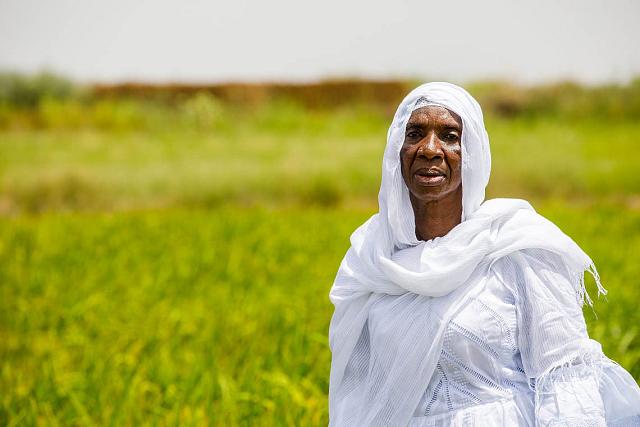
We spent six years talking to women who stayed put while men in their lives migrated. This is what we learned.
Most of the time, to write about migration means telling the stories of people who move: those forced from their homes by natural disasters, conflict, violence, or the effects of climate change, or so fed up with limited economic opportunities, corruption, and bad governance that the faint glint (…)
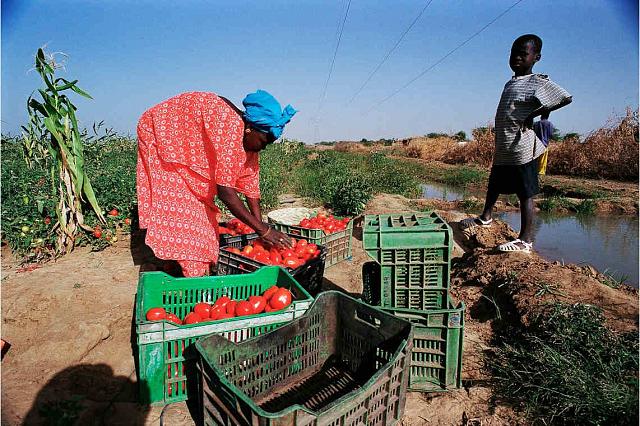
In order to better resist contemporary, neocolonial accumulation, we need to historicize land grabs in Africa.

Addressing social and reproductive justice through a feminist lens could become a means to confront Putin’s regime and challenge Russian militarism